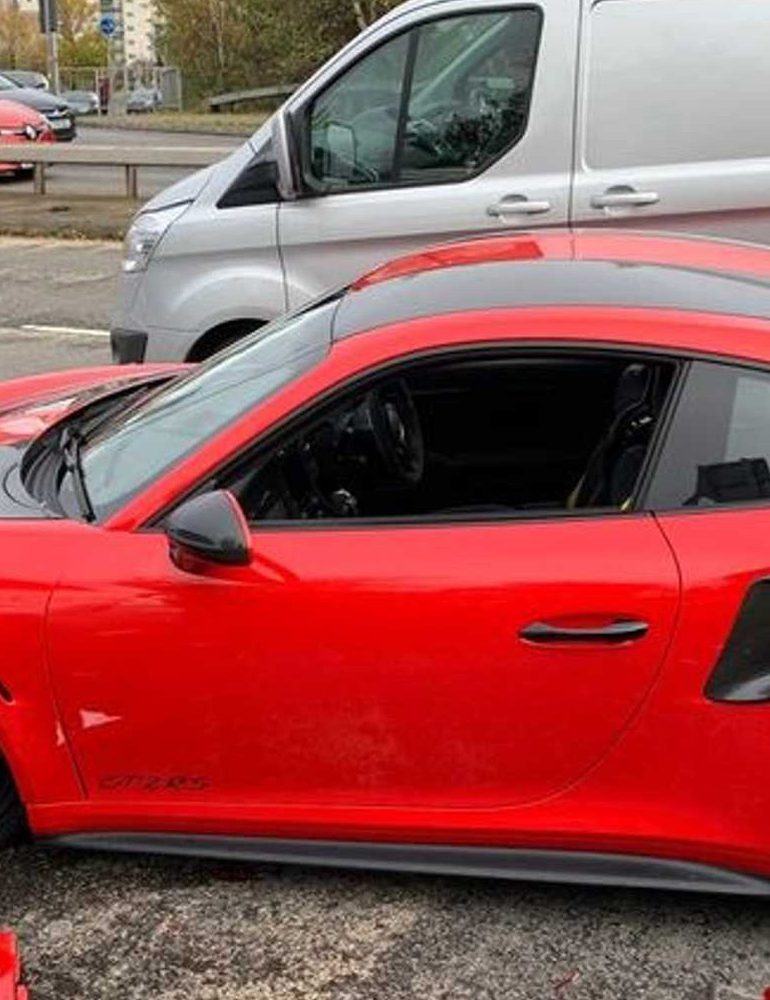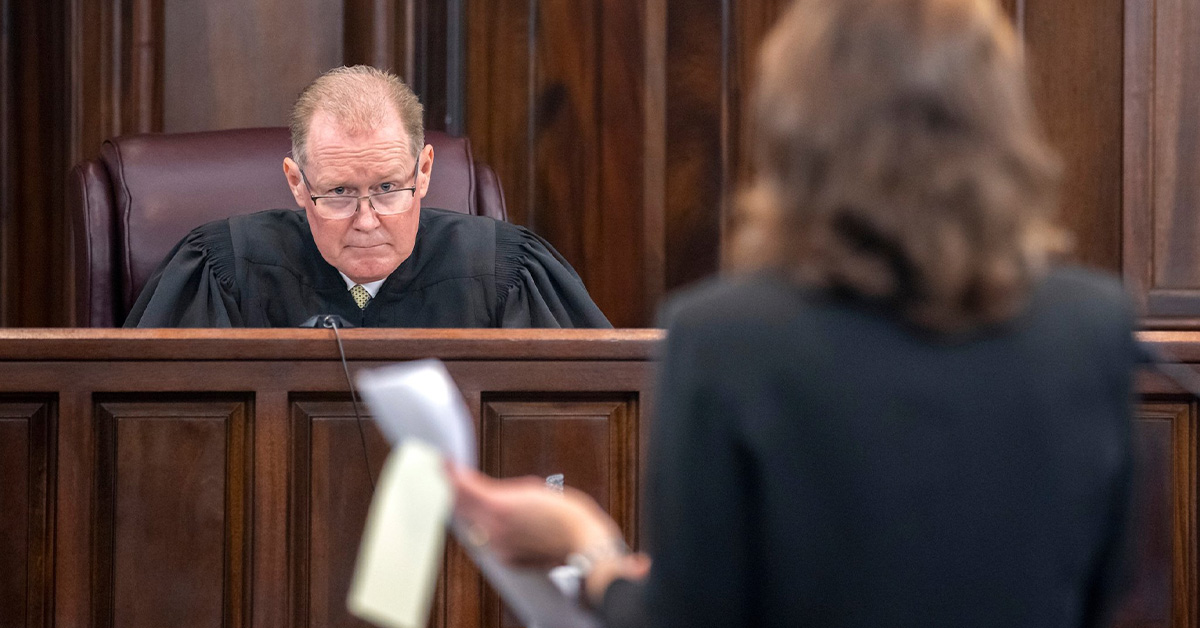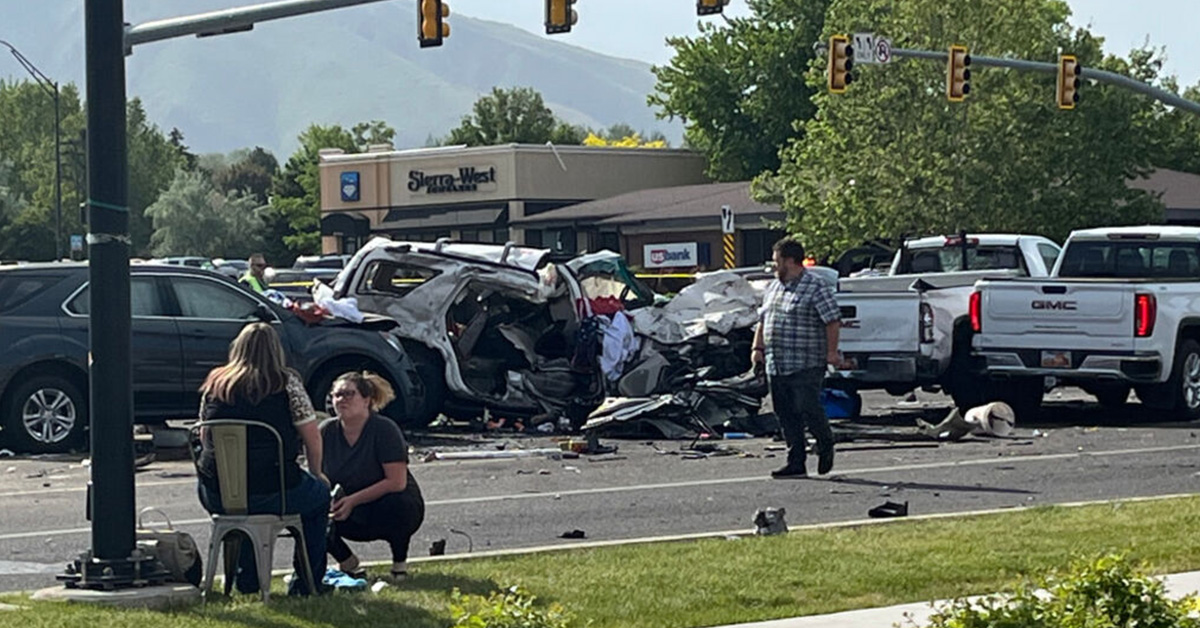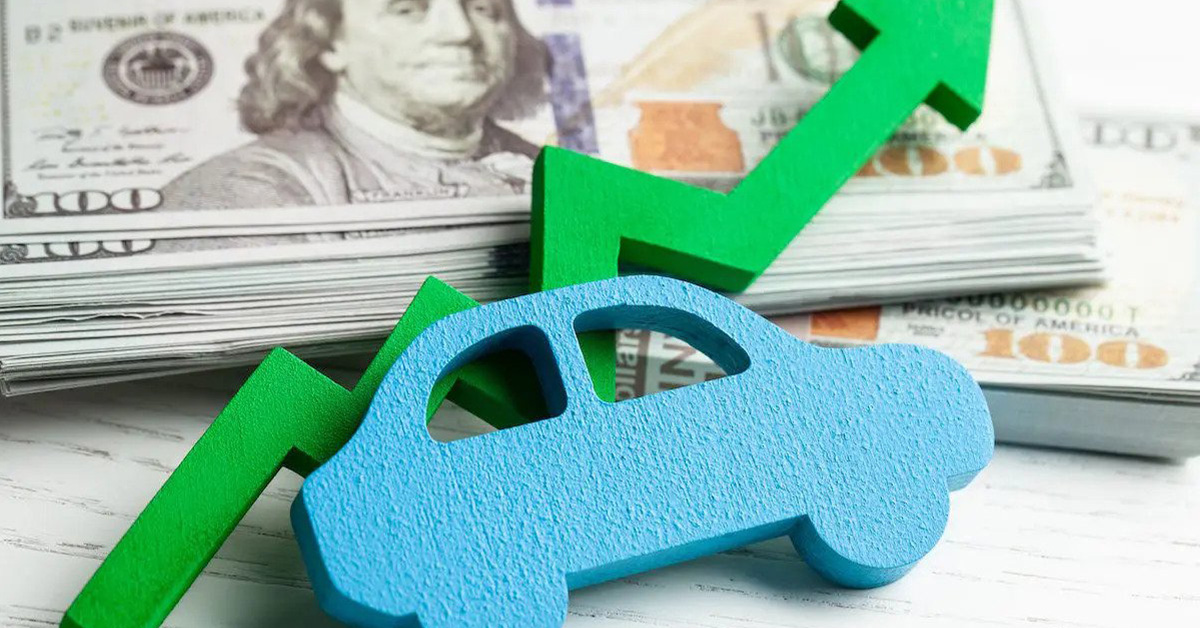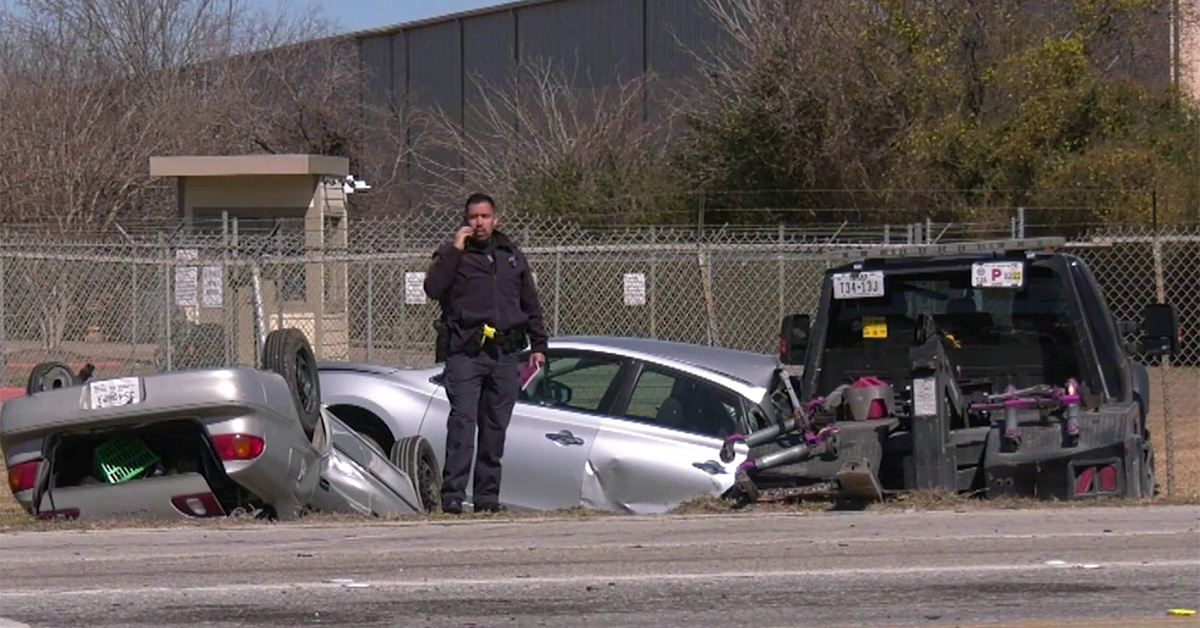Aggressive driving puts everyone on the roads in danger. For instance, according to the National Highway Traffic Safety Administration, in 2020, speeding killed 11,258 people. The reason is that aggressive driving, sometimes called “spirited,” is dangerous. If you drive even just a few miles per hour over the speed limit, you increase the chances of getting involved in a car accident.
Speed limits matter because they allow for safe and efficient traffic flow. So when a motorist exceeds the speed limit, it will make it difficult for them to keep their distance from other cars. As a result, it may cause you to lose control of your vehicle and cause an accident with severe consequences.
An injured victim from a car accident may wonder if they can hold the speeding driver accountable for the collision. But unfortunately, in some states, personal injury laws impede injured victims from recovering damages for car accidents even if the other driver was speeding.
Via Motorbiscuit.
How Does Being Found at Fault for an Accident Influence Your Insurance Coverage?
If you are involved in a car accident where you are at fault, most likely your insurance rates will go up. Still, the amounts will vary depending on factors such as the percentage they found you at fault for and whether you have any prior accidents on your record. In addition, your insurance company considers other factors, such as your age, credit score, and location, when calculating your rates.
Still, at-fault accidents where aggressive driving was a factor are likely to result in the largest hikes to your insurance premiums. Let’s take a closer look at the relationship between your insurance and spirited driving.
How Does Speeding Change Your Insurance Coverage?
According to Nerd Wallet, car insurance increases by about 25% after a speeding ticket. So on average, a driver convicted of speeding will pay $2,043 a year for full coverage insurance—$413 more than a driver with a clean record.
And though most auto insurers will raise rates after two or more speeding tickets, some companies raise rates after a single ticket. So if you have full coverage auto insurance, chances are that speeding will ultimately make it a lot more expensive.
For this reason, many drivers consider reducing their coverage after a speeding ticket. This is because the minimum required car insurance is typically less than half the price of full coverage on average.
Via Motorbiscuit.
How Spirited Driving Influences the Value of Personal Injury Claims
Generally speaking, any reckless driving situation leading to the driver causing an accident will affect the value of the resulting personal injury claims.
The exact amount of any claim depends on several factors. These include the severity of the victim’s injuries, the extent of the recovery period, and the value of losses sustained as medical costs, lost earnings, pain, and suffering.
The higher a person’s losses, the more feasible it is they will file a claim—and victims of high-speed crashes often sustain disabling injuries involving hospitalization, physical therapy, surgery, and other expensive treatments. Those bills can add up if you spend months or years going to doctors’ appointments, so it’s important that your insurance will cover it.
But often, lawsuits are connected to each other. The outcome of your traffic court suit directly impacts your personal injury suit, for example. If you are found guilty of reckless driving, it’s possible that the amount you receive for your personal injury claim could be reduced. It might also make it harder to buy insurance in the future.
Via My News 4.
Do Insurers Drop Coverage?
Your insurance company might drop your coverage after a DUI if your state allows it and your insurer considers you high-risk. Most states have laws that would enable insurance companies to cancel a driver’s coverage mid-policy after a DUI conviction. This also applies if a driver becomes significantly more of a risk for the insurer or has their license suspended.
Suppose your state’s laws prevent your insurance company from dropping your mid-policy for a DUI. In that case, your insurer might wait until your policy ends and deny you a renewal.
Each insurance company uses a unique system for calculating risk. This means some insurers would want to cancel your policy after a DUI, while others won’t.
Do You Become Personally Liable?
It can be difficult to predict how spirited driving will affect your percentage of fault in a car collision. The insurance carrier will determine this. But you can disagree with the insurer’s offer and decide to take the case to court so a jury can calculate your percentage of fault.
Still, determining how dangerous driving affects your liability in a collision is often complicated. And you must never assume the insurance company has your best interest at heart. So you should avoid saying something to an adjuster that could affect your settlement—for instance, alluding to any negligent actions, including spirited driving. Avoid speaking with adjusters or making statements until you talk with an attorney.
Via Einsurance.
Do Your Premiums Change?
According to Forbes Advisor, the national average car insurance rate increase for drivers who get a speeding ticket is 24%, or nearly $380 more a year. And a rate increase because of a speeding ticket can follow you for a few years, depending on your state.
If you get a ticket for spirited driving, your insurance will rise according to factors like:
- Your driving record prior the offense, including other traffic violations and at-fault car accidents
- Whether your speeding ticket was the first offense
- How long since your last traffic violation
- The number of miles you were speeding over the limit
They will usually apply the rate increase when you renew or get a new insurance policy—since that’s when an insurance company checks your driving record and sees the speeding ticket. But as we’ve stated previously, insurers can also sometimes cancel coverage mid-policy if you’re deemed a high enough risk.
Via Click 2 Houston.
Spirited driving is not only dangerous and irresponsible, but it could also get you in a lot of legal trouble. It could affect your driving record forever, and you will almost certainly end up paying more for car insurance.
In contrast, driving at the speed limit can save you a lot of headaches and money in the long run, especially on your car insurance.


